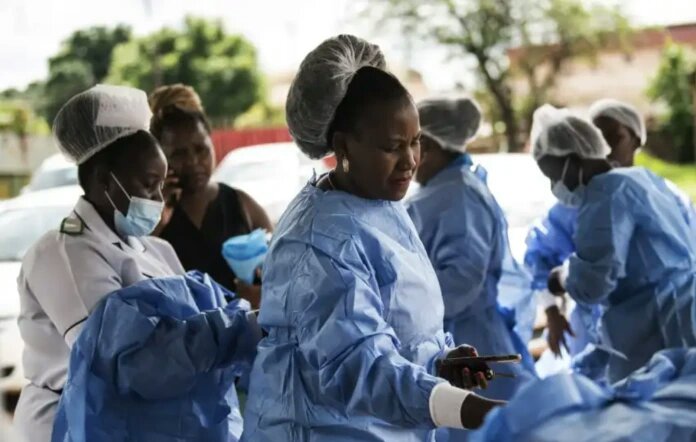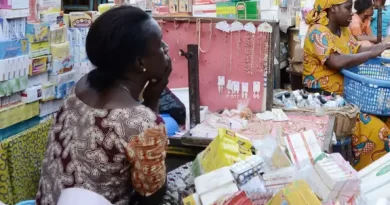Sweeping cholera outbreak hits several tertiary campuses
SOME of Zimbabwe’s institutions of higher learning are experiencing a cholera outbreak sweeping across the country, with some students now being told to bring water from home as education authorities fail to supply the commodity.
Health authorities ordered the closure of one of the country’s biggest teachers colleges after more than 500 people suffered from diarrhoea.
By Sunday 19 November, Zimbabwe had recorded about 8,000 suspected cholera cases, 51 deaths and another 152 suspected cholera deaths, according to a situational report from the health authorities.
According to the World Health Organisation, cholera, which is an acute diarrhoeal infection, is caused by ingestion of food or water contaminated with the bacterium Vibrio cholerae and “remains a global threat to public health and an indicator of inequity and lack of social development”.
In Zimbabwe’s towns and cities, local authorities are failing to supply institutions such as hospitals and universities with adequate water due to ageing infrastructure and a lack of resources due to the biting economic crisis.
*Zimbabwe restricts gatherings, food vending as cholera cases spike*
Zimbabwe’s government has started restricting public gatherings and food vending, while monitoring burials in all areas affected by cholera, after cases of the disease spiked this week.
New cholera cases in the southern African country trebled from 437 to 1,259 this week, the biggest jump since the latest outbreak of the water-borne disease started in February. This has triggered panic in Zimbabwe, where more than 4,000 people died from cholera in 2008.
To date, the country has recorded 155 deaths linked to cholera from 8,787 cases, according to the health ministry. The authorities last week declared a state of emergency in the capital Harare, which has the highest number of new infections.
On Friday, residents in Harare’s low-income Kuwadzana suburb, where seven of the capital’s 13 cholera deaths were reported, complained about erratic supplies of clean water, uncollected garbage and raw sewage flowing in the streets.
Many residents have dug shallow wells to meet their household water needs.




